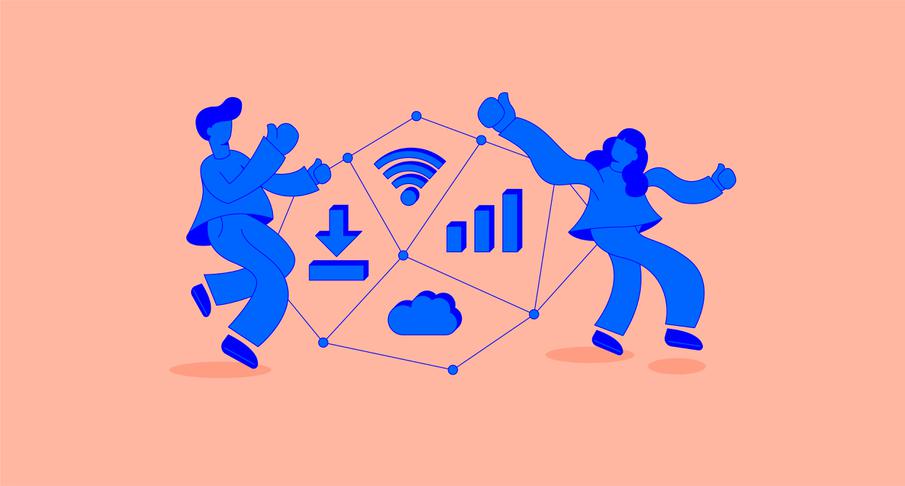The abundance that many in the first world enjoy today is the triumph of industrialization. We move goods, services, and now information around the globe in an increasingly optimized fashion, extending the reach and access to markets and people worldwide. The distribution of access and wealth is far from perfect, but the success of industrialization is undeniable.
But the world is changing. Today, the creation of new value does not come from making and moving physical products around. Post-industrial companies focus on capturing and understanding information. It’s a quantum difference. The change may not be news, but industrial processes affect how we think. It shapes our mindset in ways that are not obvious. The iconic assembly line, which was a significant innovation for achieving industrial scale, and has become a metaphor for all forms of work. Too often, we organize our work like a factory.

Most of our organizations, institutions, and infrastructure today – business, education, healthcare, government – were created with an industrial mindset. Hospitals count beds, schools count heads, and companies count customers. Quantitative measures are essential but not always meaningful. Most organizations have goals beyond pushing paper – they seek outcomes. Social outcomes like health, education, desirability, trust, and ethics are harder to measure, so we revert to easy, machine-like terms.
But patients, students, and customers are not parts on an assembly line. They are people. People are not machines. Assembly lines are linear systems with predetermined paths, but assembly-line thinking is not suited for the complex challenges ahead. Solving new problems for people requires a different mindset.
For example, knowledge work depends on information sharing. Industrial processes tend to be top-down, but specialized knowledge work is often bottom-up. This shift is disruptive. Changing the flow of information has an immediate impact on traditional hierarchy and organizational design. It affects skill sets, expectations, work processes, training, language, and metrics.

Business school itself is an industrial idea. Management as a discipline stemmed from assembly line thinking and led to a kind of industrial, centralized command-and-control. In an era of TED Talks, Khan Academy, and crowdsourcing, even the idea of a few years of graduate school being sufficient to become a leader throughout your career seems dated. Yet, the structure of many organizations and the mindset of leaders resemble industrial factories. While much has changed in 100 years, let alone the last decade, many organizations rely on principles from a previous era.
The post-industrial economy has a different character. What lies ahead isn’t certain, but we know it’s not likely to look like the past. The new infrastructure being laid by tech giants is enabling even more significant change. Moving forward, the most robust and sustainable organizations will foster teams that have a new mindset. Winning teams will adopt an agile mindset and stay ready for what’s next.
